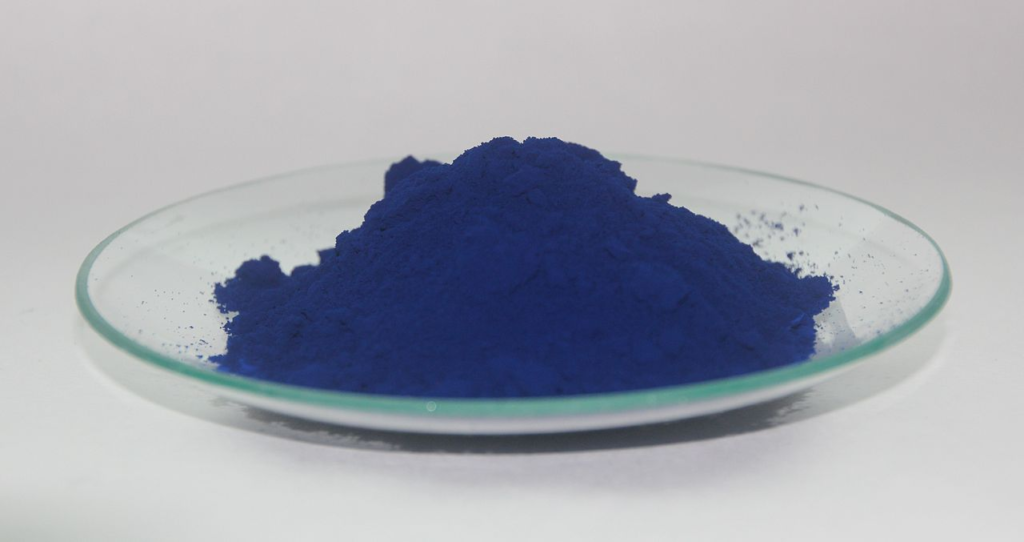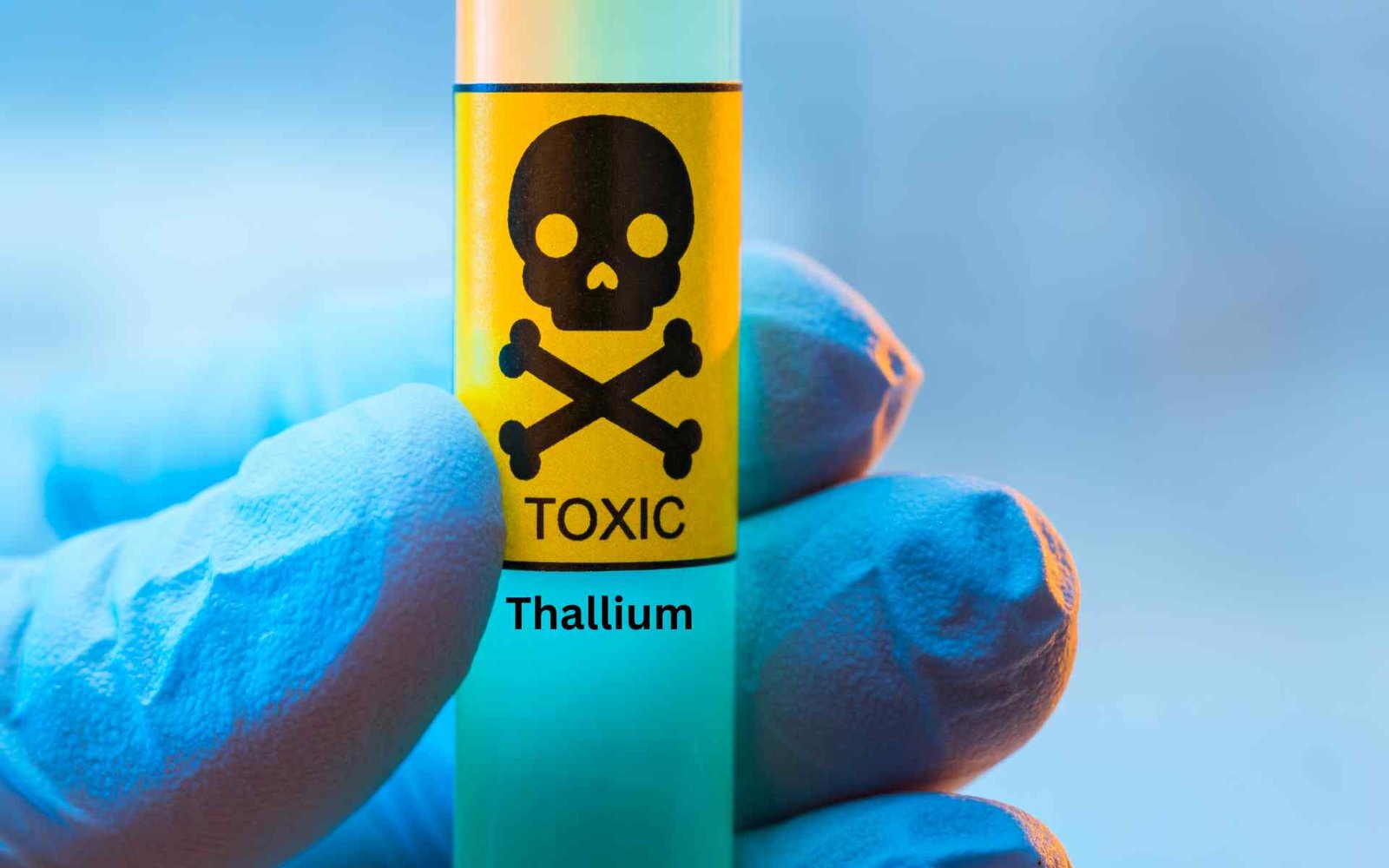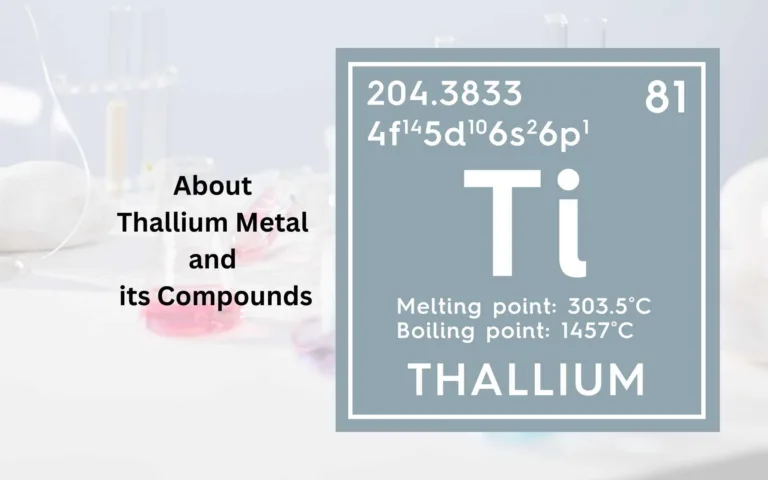Zhu Ling, a former student of the Tsinghua University in Beijing who got poisoned with Thallium in 1994 died on 22 December 2023, at the age of 50 reportedly due to brain tumor attack.
Though she was treated in 1994-1995 successfully, yet her poisoning remained unsolved. The state media also tried a coverup of her case.
Table of Contents
Thallium Poisoning Incident
In late 1994, Zhu Ling began to show strange signs and symptoms such as:
- acute stomach pain
- extensive hair loss
She was then hospitalized in the Beijing Tongren Hospital and her conditions improved gradually. Soon she was able to return to class.

However, a few months later in March 2023, she returned to the hospital with even worse symptoms than before. This time there were added symptoms of:
- Loss of control over eye muscles
- Pain in legs
- Partial facial paralysis
- Loss of ability to breathe properly
This time, she needed acute ICU care and was placed on a respirator.
A senior physician, Li Shun-Wei recalled a similar case that the physician treated in 1960s and was related to Thallium Poisoning. The physician strongly suspected that Zhu Ling was also suffering from the same kind of poisoning.
However, Zhu Ling denied any physical contact with Thallium or any of its compounds which was later confirmed by her university’s chemistry department.
Subsequently, she was given treatment for Guillain Barre Syndrome, a rapid onset of muscular weakness caused by deteriorating immune system. Still, her condition deteriorated rapidly.
Successful Diagnosis
The successful diagnosis of Thallium poisoning was made possible via the internet when two of her fellow students Cai Quanqing and Bei Zhicheng posted an SOS message on Usenet (an early form internet developed from Unix-Unix communications).
The message contained symptoms of Zhu Ling and saw users responding within hours. They received more than 1500 responses out of which about 500 pointed towards Thallium Poisoning. The responders also suggested the usage of Prussian Blue as an antidote.
Prussian Blue acts an ion exchange agent and absorbs the metallic Thallium ion.
The medicine has been hailed as one of the most important medications by the World Health Organization (WHO).
IUPAC Name: Iron(II,III) hexacyanidoferrate(II,III)

Tests done on Zhu Ling confirmed that she had severely high levels of Thallium in her body, at least 10,000 times higher than usual levels of 5-10 parts per billion.
Note: In the human body, Thallium is most abundantly present in the human hair in the above mentioned quantities.
Investigation
The prime suspect as declared by the police was claimed to be Sun Wei, a classmate of Zhu Ling at Tsinghua University from 1992-1997. The university also confirmed that Wei could be the only student who had access to Thallium compounds.
However, in a statement released by Wei, she claimed her innocence in 2005, when the media finally got the information about Wei being a suspect.
As per Police reports Wei was detained and questioned on April 2, 1997. She also signed a document acknowledging that she was a suspect. Eight hours later, her parents retrieved her from the police.
Sun Wei’s grandfather Sun Yueqi was a senior and important member of the Chinese People’s Political Consultative Committee. Further, Sun Fuling, the deputy Mayor of Beijing from 1983 to 1993 was her first cousin, once removed.
State’s Attempt to Hide Information
Police caused a lot of delays in disclosing information and began investigations as late as May 1995.
The information was finally revealed to the media as late as January 2006, more than 10 years after the case.
Li Shushen was the primary investigator and has been quoted (unverified) by the Southern People Weekly to have claimed that the information is too sensitive for the public.
About Zhu Ling

Zhu Ling was a sophomore candidate at the Tsinghua University, Beijing when the incident occurred. She was an undergraduate student in Physical Chemistry. She majored as a Class 2 Student.
Her classmates described her as attractive, intelligent and talented.
Ling had an interest in music.
Hair Sample Analysis Results in 2018
Her poisoning pattern was later confirmed by a report released in 2018. Her hair sample was collected during the poisoning period and was sent to Richard Ash (Univ of Maryland) by her parents, that Zhu Ling had repeated exposure to Thallium for a period of at least 4 months. The doses were increased both in quantity and frequency.
Also there was at least 2 weeks of repeated ingestion by an elevated amount of Lead in her body.
Aftermath and Later Death in Dec 2023
Zhu Ling was saved from her poisoning. However, her eyesight, intelligence and senses were permanently damaged.
In an interview her parents confirmed that Zhu Ling had to be hospitalized once every year after the incident. Further, in 2011 after contracting a flu, Zhu was hospitalized for over 10 months which also impaired her ability to eat food due to a lung infection. Since then she could only be fed liquids.

Zhu Ling died on 22 December 2023 at the age of 50, following a brain tumor attack in 18 Dec 2023. She also had a fever of 39 degree Celsius and fell into a severe coma.
Effect of Thallium on Human Health

Thallium and its compounds are extremely poisonous for humans. Since the element and its compounds are highly aquaphillic (water soluble), they are always treated with utmost care.
On skin contact, Thallium compounds are rapidly absorbed.




